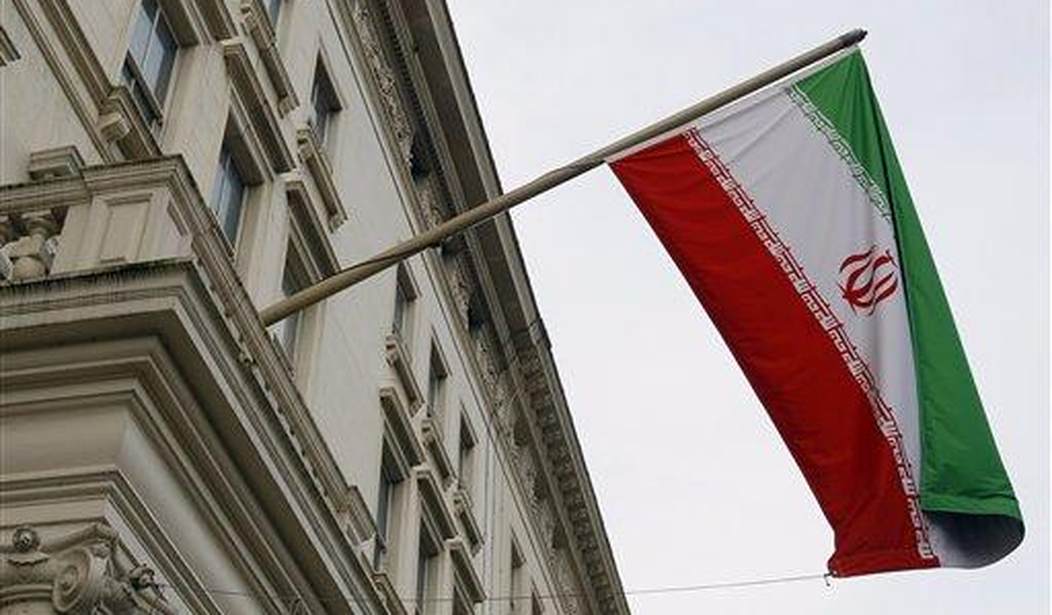In 2014, Ariane Tabatabai – then a predoctoral fellow at Harvard University – published an article which pointedly advised policymakers to “Beware of the MEK.” It repeated serious accusations against the Iranian regime’s principal domestic adversary, the Mojahedin-e Khalq, or People’s Mojahedin Organization of Iran (PMOI/MEK). The obvious goal was to discourage American and European legislators from flocking to the organization and its democratic agenda.
Tabatabai’s article described the MEK as a “cult-like dissident group, based outside of Iran.” While noting that the group had been removed from European terrorist lists in 2009 and the U.S. State Department list in 2012, she repeated spurious and long denied claims that the MEK had attacked American personnel in the 1970s and supported the hostage-taking at the U.S. embassy in Tehran at the end of that decade.
The article went on to accuse the MEK of torture and beatings and of controlling “every aspect of its members’ lives.” While indirectly acknowledging the organization’s democratic platform, Tabatabai accused the group of deceiving and manipulating its Western supporters by secretly advancing an ideology that posed a threat to Western security interests.
Without a shred of evidence to support her claims, Tabatabai leveraged her reputed expertise in Iranian affairs to repeat the allegations in widely circulated foreign policy outlets in 2018 and 2020, clearly directing her ire at the ayatollahs’ most formidable opposition.
It now appears that Tabatabai may have been serving as an Iranian mouthpiece in the United States.
Approximately four months before the article was published, Tabatabai had been identified by an Iranian diplomat as one of the foundational members of an influence operation known as the Iran Experts Initiative (IEI). In a March 2014 letter to Mostafa Zahrani, the head of the Iranian regime’s Foreign Ministry think tank in Tehran, an Iranian diplomat named Saeed Khatibzadeh wrote that he, Tabatabai, and another academic named Dina Esfandiary had “agreed to be the core group of the IEI” and had invited several other scholars to take part in a conference in Vienna while nuclear negotiations were ongoing in that same city.
Recommended
After establishing the IEI’s function with that conference, its members proceeded to communicate in depth and at length with Iranian officials and state-affiliated researchers, collaborating on op-eds and talking points, and seeking advice about professional matters such as conference attendance.
One month after the conference and two months before her publication, Tabatabai reached out to Zahrani about her dual invitations to events in Saudi Arabia and Israel and was told that the latter was “better to be avoided.” According to Semafor, which obtained these and thousands of other Iranian email communications, she seemingly took the guidance from her regime handlers by following up with “Thank you very much for your advice. I will take action regarding Saudi Arabia and will keep you updated on the progress.”
On other occasions, Tabatabai and fellow participants in the IEI reportedly submitted draft op-eds to their contacts in Iran, soliciting comments and requests for revision before publishing articles that effectively conveyed the Islamic Republic’s talking points.
The revelation of these exchanges provides vital and long-overdue context for Tabatabai’s article targeting the MEK. And considering the broader functioning of the IEI, which may or may not still be active, the international community has ample reason to reevaluate the body of work published on Iranian affairs by known or suspected members of Iranian influence operations.
The growing awareness of these influence operations also provides justification for a comprehensive reconsideration of Western policy toward the Islamic Republic and its democratic opponents. As Semafor noted, Tabatabai and at least two other IEI participants went straight from soliciting talking points from Tehran to working on Iran policy in the Biden administration under the U.S. Special Representative for Iran, Rob Malley – whose security clearance was suspended over questions about his handling of classified materials.
Tabatabai herself, after 15 months of service in the State Department, assumed the role of Chief of Staff to the Assistant Secretary of Defense for Special Operations and Low-Intensity Conflict. Immediately following the revelations, U.S. Representatives Mike Rogers and Jack Bergman sent a letter to the Department of Defense demanding explanations for how Tabatabai received a security clearance given her allegedly close working relationship with the Iranian regime.
It is evident that there are other aspects of Tehran’s influence operation that have not been fully revealed to date, including the promotion of a smear campaign directed at the regime’s democratic opponents. To the extent that Tabatabai was successful in giving lawmakers pause in their dealings with Tehran’s democratic foes, there are now grounds to challenge the integrity of many expert assessments that may have been influenced by Iran’s lobby.
That the IEI would run an operation leveraging its foreign ministry (read: intelligence apparatus) to expressly target the MEK is a clear indication that the theocracy’s ruling establishment is convinced that the group’s democratic ideals and broad appeal could result in regime change from within.
Now American and European officials are wise to determine who else may be implicated in collaborations with Iranian agents, and to identify the full extent of the damage caused.























Join the conversation as a VIP Member